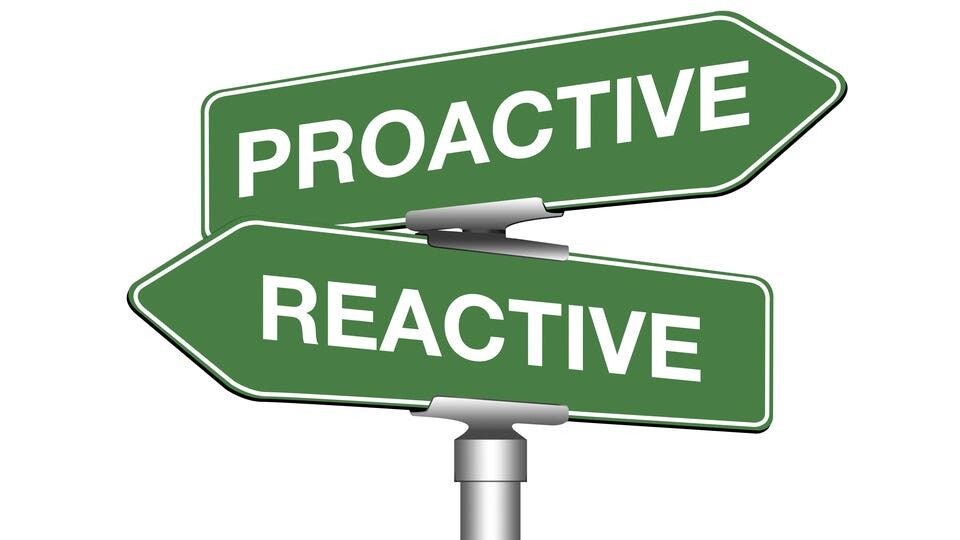
The Importance of Being Proactive in Business: Anticipating Challenges and Planning for Success
Marcio Borlenghi Fasano , MBA, CioJ,DMI
Business Development @ Optimise Media | Developing strategic partnership and working w/ Brands in the UK and around the Globe delivering significant revenue streams through performance-based models. Let’s talk!
By Dr M Borlenghi
I have had the opportunity to observe many businesses, both successful and struggling. One of the key differences I have noticed is the approach businesses take when it comes to being proactive or reactive.
Being proactive means taking a proactive approach to problem-solving, anticipating challenges and taking steps to prevent them before they occur. In contrast, being reactive means waiting for problems to arise and then responding to them.
In business, being proactive can mean the difference between success and failure. Proactive businesses are always looking for ways to improve, seeking out new opportunities, and planning for the future. They anticipate challenges and take steps to prevent them before they occur. For example, a proactive business may invest in new technology or systems to improve efficiency, or develop a contingency plan for a potential disruption in the supply chain.
领英推荐
On the other hand, reactive businesses tend to be more passive, waiting for problems to arise before taking action. They may be slow to adapt to changes in the market or industry, and may struggle to keep up with competitors who are more proactive. For example, a reactive business may wait until a customer complaint is received before addressing a problem with their product or service, potentially leading to a loss of customers and damage to their reputation.
Being proactive also means being more strategic in decision-making. Proactive businesses take a long-term view, focusing on sustainable growth and building a strong foundation for the future. They are more likely to invest in research and development, employee training, and other initiatives that may not have immediate returns but will pay off in the long run.
In contrast, reactive businesses tend to be more short-sighted, focusing on immediate problems or opportunities without considering the long-term implications. They may be more likely to make decisions based on emotion or impulse rather than careful analysis and planning.
In a nutshell, being proactive in business means taking a strategic, forward-thinking approach to problem-solving and decision-making. Proactive businesses are more likely to succeed in the long run by anticipating challenges and opportunities, and taking steps to address them before they occur. Reactive businesses, on the other hand, tend to be more passive and short-sighted, and may struggle to keep up with competitors who are more proactive.